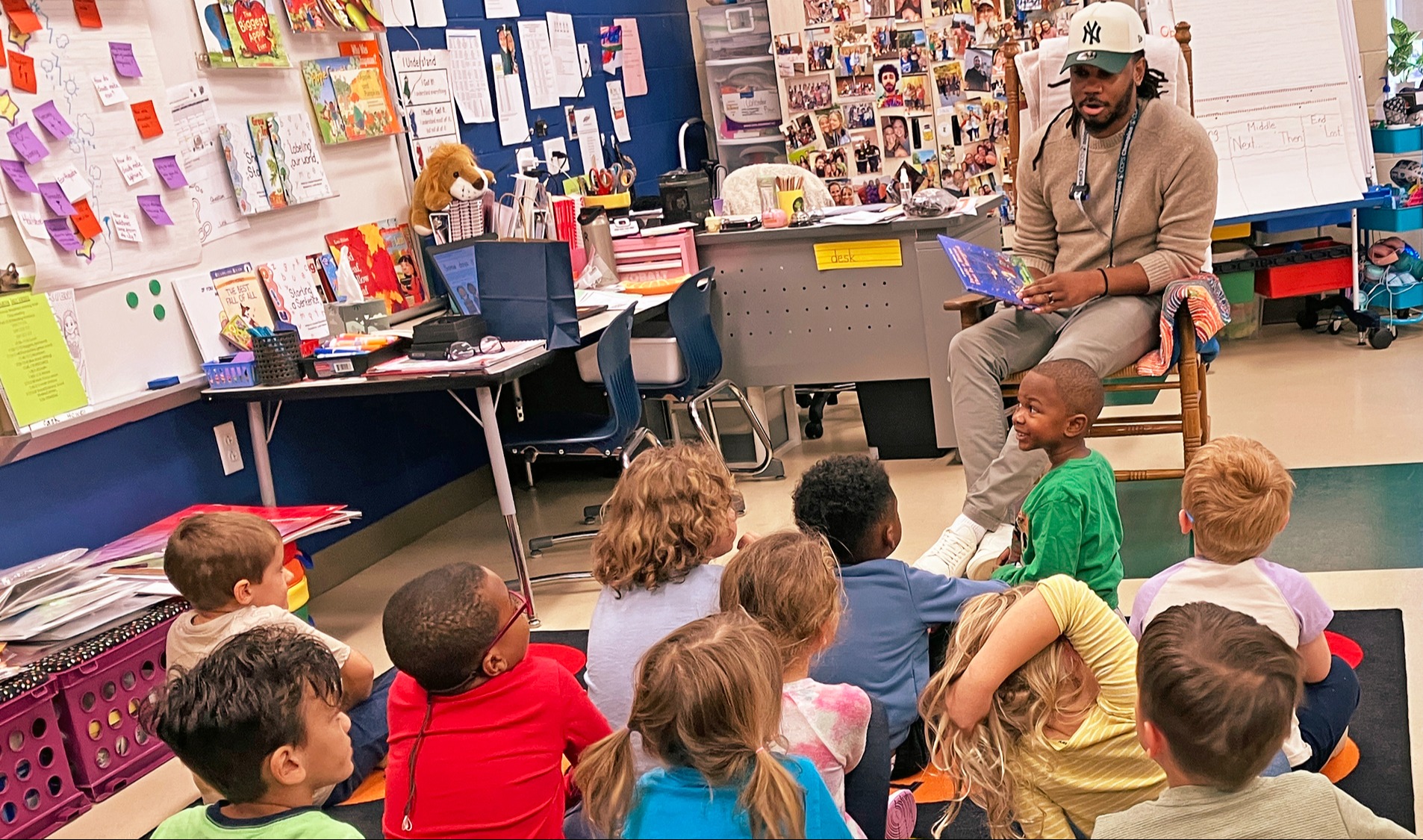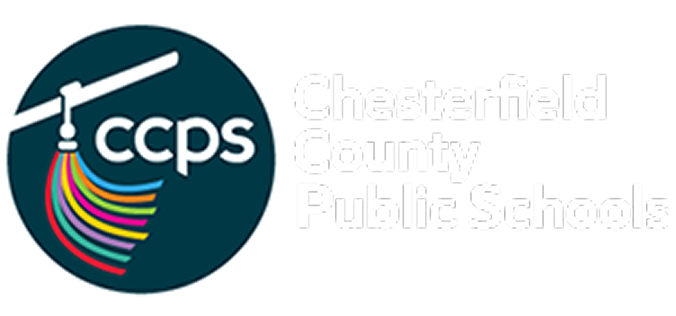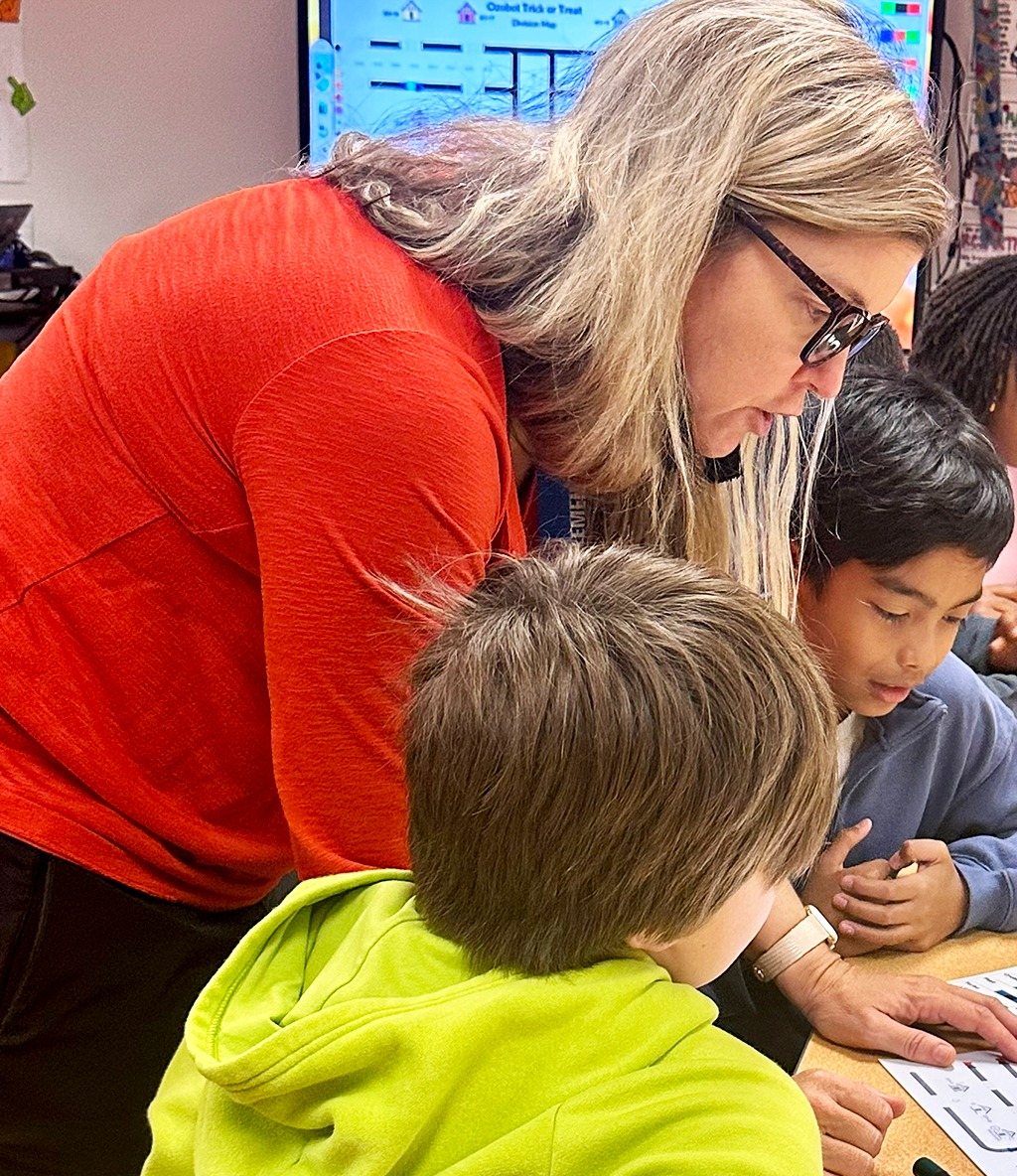Mental Health Support
Our Team
The mental health team of Chesterfield County Public Schools includes about 35 school psychologists, nine educational diagnosticians, 35 social workers, 237 school counselors, three mental health support specialists, two mental health interventionists and central office staff who supervise their work.
Nurses are also members of the team, and Chesterfield County Public Schools has about 67 school nurses.
Using evidence-based assessment and therapeutic practices, the mental health team intervenes early and provides tailored support to match the unique needs of students.
Our Partners
Chesterfield County Public Schools also connects with public and private mental health and counseling service providers to provide parents and families with resources. This link provides a list of community counseling agencies and this video offers helpful introductions to several providers.
Free telehealth sessions available to support mental health for students in grades 6-12
The past few years have taken a toll on children’s emotional and social well-being. To support students and families, Chesterfield County Public Schools now offers a connection to mental health telehealth services for students in grades 6-12. These free, virtual sessions by Hazel Health can help students manage stress, anxiety or sadness. Just as regular checkups help with physical health, these sessions support mental well-being so students can thrive.
Below are commonly asked questions.

What is the difference between a school counselor, school psychologist and school social worker?
School counselors, school psychologists and social workers all support the emotional health of students, and each group has different yet vital roles.
CCPS prevention, intervention and response
Prevention
Schools provide students the opportunity to develop life skills and learn through a curriculum that affords career exploration and developmentally appropriate activities. Both academic and nonacademic instruction are designed to assist in problem solving, interpersonal conflict resolution and developing social-emotional skills. We educate to prevent harm to self or others.
Intervention
Schools are required to provide school counseling and support services that assist students in recovering from life’s disappointments and setbacks. School nurses, school counselors, school psychologists, school social workers and school staff help children develop behaviors and interpersonal skills that target specific developmental tasks and self-efficacy.
In addition to the important work of academic counseling and developing study habits and test-taking skills, school counselors help students adjust to changes in their environment, help students address adjustment and anxiety issues and help students deal with anger, teasing or bullying. When necessary, mental health professionals in the school setting assist teachers and administrators with contacting a student’s family and facilitating school-home collaboration in addressing difficulties.
Many of these interventions have become ingrained in the school routine and may not be perceived as mental health interventions. Here are some of the methods Chesterfield County Public Schools staff members use to intervene and support the whole child: Gaggle, critical incident response, threat assessments, reentry and follow-up meetings, community staffing, restorative circles and selective use of a therapy dog (in partnership with Chesterfield County Police Department).
Response
Division response is twofold. First, school mental health professionals may refer parents and students to community services for assessment of treatment needs and determination of the appropriate level of care. The school staff may continue to facilitate collaboration, when appropriate, and provide case management and support services during school hours.
Secondly, schools steward the provision of services designed to maintain and improve a child’s level of personal and interpersonal functioning as required by the child’s individualized education program, or IEP.
Evidence-based school programs
Additional mental health and wellness resources
National Alliance on Mental Illness
The National Alliance on Mental Illness is the nation’s largest grassroots mental health organization dedicated to building better lives for the millions of Americans affected by mental illness.
National Suicide Prevention Lifeline
Dial 988 from any phone, any time. The 988 suicide and crisis lifeline provides free and confidential emotional support to people in suicidal crisis or emotional distress 24 hours a day, seven days a week, across the United States and its territories. The 988 lifeline comprises a national network of over 200 local crisis centers, combining local care and resources with national standards and best practices.
Virginia Behavioral Health and Student Safety
Helping schools address the unprecedented rise in mental health and behavioral challenges facing Virginia students post-pandemic, Behavioral Health and Wellness helps to focus resources and attention to students who are struggling with these evolving challenges.
Chesterfield Mental Health Support Services
Chesterfield Mental Health Support Services is the provider of mental health, developmental disabilities and substance use disorder services for children and adults in Chesterfield County.
Chesterfield Child and Adolescent Services
Chesterfield Child and Adolescent Services provides services for children and adolescents through a broad range of programming. These services focus on mental health, substance use disorder treatment and preventive and early intervention programs for ages birth to under 18 years of age.

